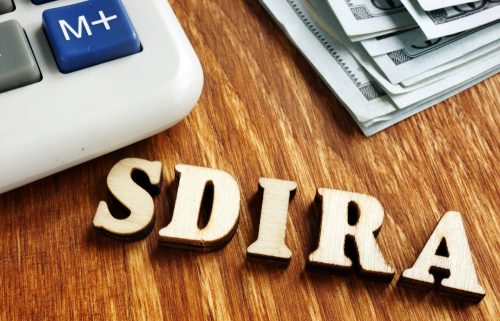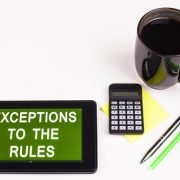3 Things Investors Should Know About Self-Directed IRAs
Three Things All Investors Should Know About Self-Directed IRAs
Stocks, bonds, mutual funds—these three assets sound like the typical retirement investment portfolio. But what about raw land? Single family investment units? Precious metals like bars of gold or silver? Recent economic headlines have many investors wondering if it’s really such a great idea to have everything in the stock market. And for that reason, many people are turning to Self-Directed IRAs. With this style of investing, you can leverage the experience you have in a particular asset class—like real estate—and enjoy the special tax status that comes from retirement investing. But it only happens if you know what you’re doing.
With that in mind, we’ve put together three key points that every investor should know about Self-Directed IRAs:
As Investors, You Have to Do Your Own Research in a Self-Directed IRA
Since many people might be used to the idea of investing through a managed mutual fund, for example, or working with a financial advisor, it’s best if we get this out of the way first. With a Self-Directed IRA, you’re in charge. As an investor, you’re the one doing due diligence on the investments. You’re the one calling the shots. You’re the one choosing what ends up in your retirement portfolio.
You do this by finding an IRS-approved institution who can work as the custodian on the Self-Directed IRA account. From there, you’ll then want to make sure that this institution offers the range of asset classes you’re looking for; for example, some brokerages might not offer help with real estate IRA investing.
Once you’re set up with a proper IRA with a proper Self-Directed IRA administration firm, they don’t serve as your financial advisors. In fact, they offer you no advice on what to invest in at all. Instead, it’s up to you to choose what you want in your portfolio.
Investors Should Avoid Breaking the Rules of a Self-Directed IRA
Retirement accounts come with rules—and you might not run into these if you use a traditional brokerage account with traditional offerings. Why not? Because you simply don’t take actions that might run into the rules. With a Self-Directed IRA, however, you might run into these rules. You have more freedom, which means more freedom to explore. And then you’ll have to learn to avoid breaking rules, such as the rule not to transact with a “disqualified person” such as a spouse, relative, or business associate.
Make Sure that You Maintain Security on Your Self-Directed IRA
With more freedom, as the common saying goes, comes more responsibility. That’s the case when it comes to account security. Many ID thieves often target people with Self-Directed IRAs—or IRAs in general—because they know that there is a lot of money in retirement accounts. For many people, it can be where the substantial portion of their wealth is.
Fortunately, if you know what to look for, you can do yourself a favor in the security department. You can avoid unsolicited offers and investment “opportunities,” for example. But keep in mind that a Self-Directed IRA custodian doesn’t help with doing due diligence on each investment opportunity; they’re simply there to execute and administer the trades you want to place. If you make a bad trade, a Self-Directed IRA administration firm isn’t going to butt in and say that you shouldn’t. Instead, they’re going to carry it out dutifully. That’s why you’ll want to be careful to avoid scammers and ID thieves—just as you would with any retirement account.
For more information, keep reading here at www.AmericanIRA.com or call 866-7500-IRA to find out more about what American IRA has to offer.
Want more information on how to use your Self-Directed IRA? Visit: The Basic Steps to a Self-Directed IRA | American IRA









